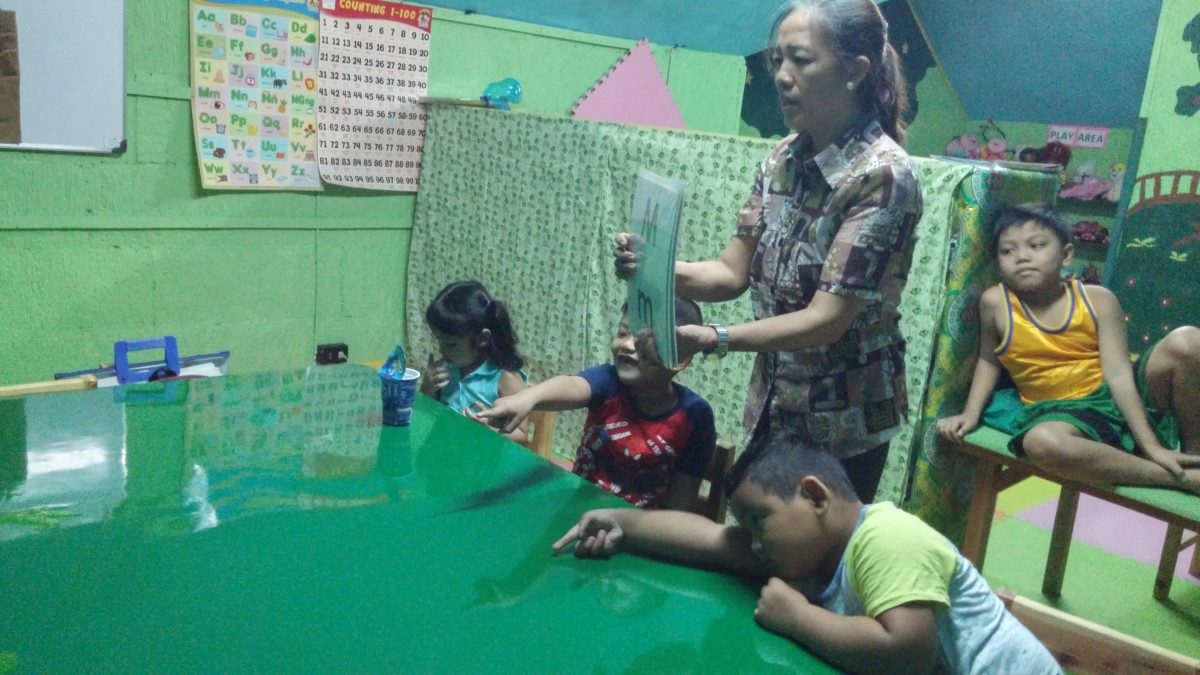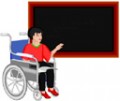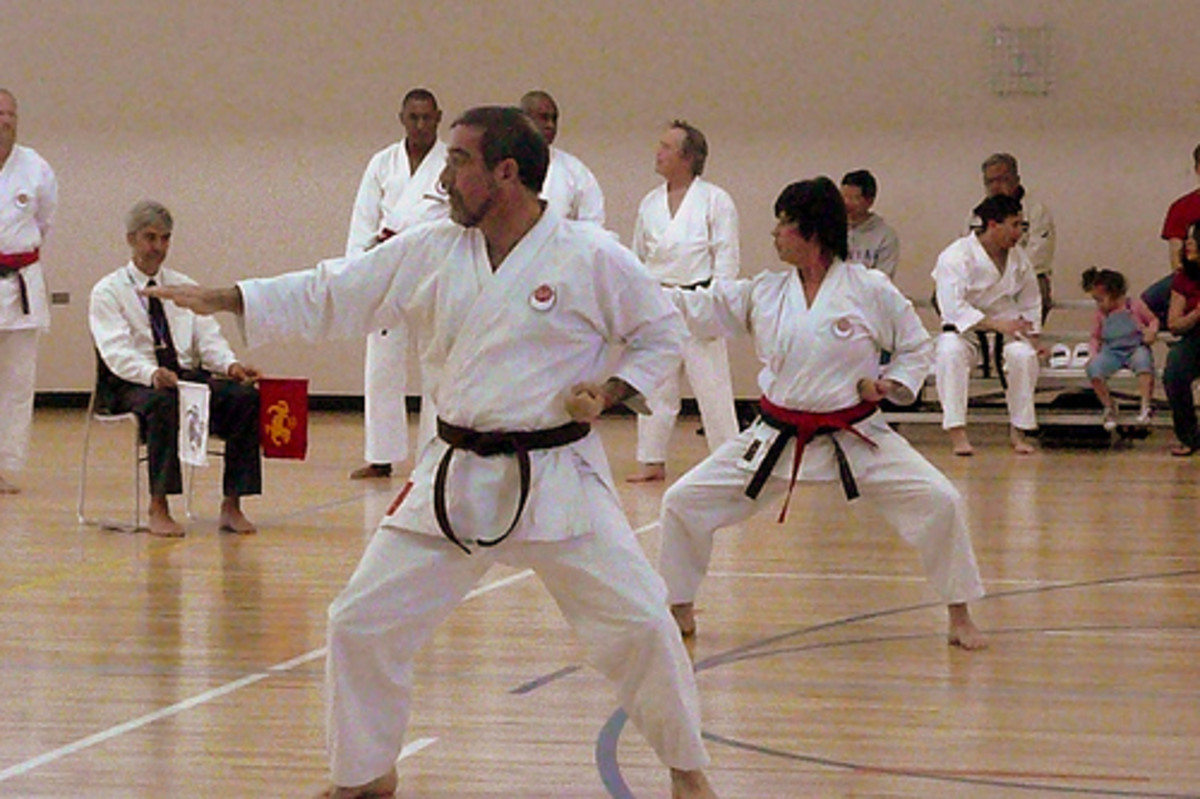Training Versus Education, the Same or Different?

Define Education and Training
While there are some real differences between education and training, I do not feel they are mutually exclusive. Despite the differences in the two they are inter-twined. Let us first examine some of the differences.
Education emphasizes principles and focuses on building the mind. Training emphasizes application and focuses on building skills. Most training is communication where presentation style is more important than instruction. While education on the other hand is content driven. Thereby the subject matter expert is the most important person in education, while often the most dreaded in training.
Training is typically company-specific, therefore not easily transferable from one job to another. While education is very transferable. Education sells the content; training has to sell itself. Because of this, the learner can approach each differently. The learner for both education and training might very well be unwilling to learn. However the learner for training is allowed to voice their thoughts and possibly change the training or the trainer’s perception of the material. Essentially the likelihood for the training to be successful rests on the trainer or the organization. Whereby in education, the learner takes a higher responsibility for their individual education. It is often viewed as not doing well in education falls on the learner. Not doing well in training falls on the training itself.
It is easy to see the differences, however ideally they are still somewhat inter-twined. All the education in the world is not complete without the application skills to utilize the knowledge. Similarly it is not possible to acquire skills without first learning the basics.
Ultimately education is a learning process that deals with unknown outcomes and circumstances which require a complex synthesis of knowledge, skills and experience to solve problems. The concept of training comes into play when there is some identifiable performance or skill that has to be mastered and practice is required for the mastery of it. Therefore they are not related in such a way that each thing makes the other impossible, thereby not mutually exclusive.

Foundations of Education and Training
Training has its roots in worker’s rights and union movements, focusing on the betterment of the individual worker and social movements. Unlike education, there is an element of power and control in training, where the corporation or employer determines who receives training and what type of training is received. In early union movements, supervisors and managers received training to better influence policy through work decisions and participation in public affairs.
In the 1970s emphasis from managerial training changed to employee empowerment, helping people adapt in an ever-changing economic and technical world and to bring about positive social change. Empowering the worker to determine training needs for themselves is the modern thrust of corporate training, enabling the worker to take his or her own personal and contextual experiences into consideration when selecting training. This Constructivist approach, where workers determine their own training needs, also matches the modern thrust of educational theories in action. The problem arises when the employer states a need for additional training, but doesn’t provide the resources or opportunity for training to the employee. Employees often fall back to formal education, paying for classes themselves, thus thrusting themselves back into formal education.
My Individual Teaching Philosophy
I were to find myself in either of these roles I do believe my teaching would vary depending on if I were in an educational position versus a training position. If found in an educational teaching position the teaching would be more theoretically oriented. I would be working to provide new knowledge to learning. The teaching itself would be more general in a broader area of knowledge. The goal would be to provide information, knowledge and experience. The focus would be to create a need to know the knowledge for students.
On the other hand if found in a training position, the training would be more practical oriented. I would be focused on helping those already knowledgeable learn specific tools and techniques. It would be my goal to provide extensive information about a limited subject matter. Ultimately I would attempt to teach the learners to become a master of a specific concept. Contrary to education, the learners would understand their need for the knowledge being taught to them.
Whichever role a person finds themselves in, a different approach is typically required. Training environments will continue to differ from educational environments. Training is usually an active area where there will be interaction, questioning, learning by doing, and practical activities. On the contrary, educational environments are typically more teacher led. Education is usually more of a formal process in a classroom. Ideally the trainer or educator should adapt to whichever environment they find themselves in.









